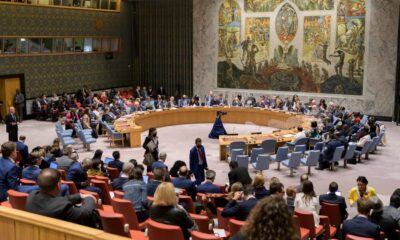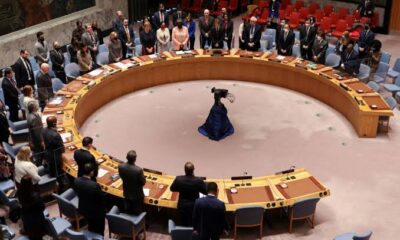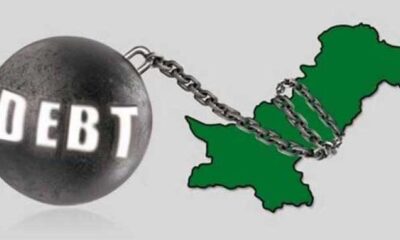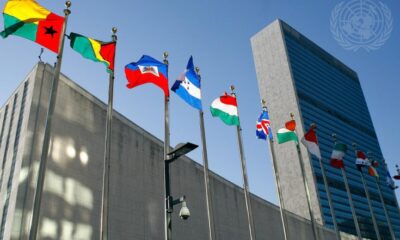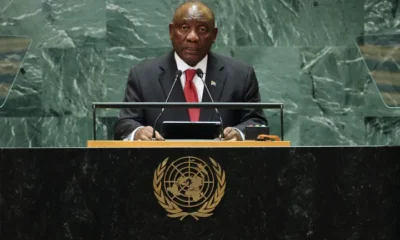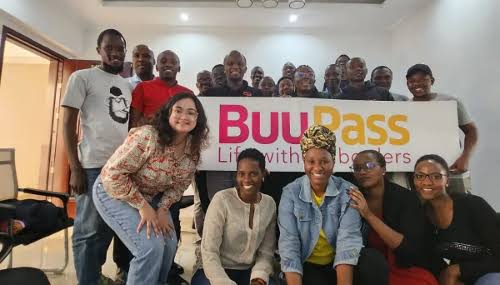The United Nations has signed a Memorandum of Understanding (MoU) with Kenya’s Konza Technopolis that will provide a wide range of interrelationships with the various UN agencies domiciled in Nairobi.
Konza CEO, John Paul Okwiri, who disclosed this in a statement on Monday, said the MoU would see Konza Technopolis working together with UN-Habitat, the World Food Programme, United Nations Educational, Scientific
and Cultural Organization (UNESCO), United Nations Development Programme (UNDP), among other UN agencies.
“This MOU provides us with a collaborative platform whereby we bring our strengths and unite for a common good,” Okwiri said.
“The MoU will see Konza Technopolis partner with UN-Habitat and allow city-to-city benchmarking and learning exchanges, strengthening smart city growth including research and data sharing, implement local climate action initiatives including greening initiatives, promotion of non-motorised transport and formulation of smart city frameworks,” he added.
Also speaking on the partnership, Dr. Stephen Jackson, the Resident Coordinator for UN Kenya, said:
“Our MoU will support to explore points of synergies, and strategic partnerships in supporting Kenya and Konza Technopolis as part of Vision
2030 and UN Agenda 2030.”
Konza Technopolis, also known as the Silicon Savannah, is envisaged to be a smart city that will provide work and living space.
“The smart city spatial planning has taken into account provision of clustered industries, educational facilities, recreational parks, green spaces. It has one of the most modern waste recycling and water treatment plants,” Okwiri stated.
“The other areas of cooperation is with the UNDP whereby more than 20 innovators have received technical and financial support to achieve
commercialization and market entry, strategic partnership in the implementation of joint programs based on the Kenya Innovation Ecosystem Mapping.
“We have established the Konza Innovation Ecosystem Initiative (KIEI), which supports the creation of new enterprises, training of young innovators, and commercialization of research findings.
“To date the KIEI has supported over 100 startups and innovators, providing them with mentorship, funding, and access to market.
“We have established partnerships with over 50 institutions, such a UNDP, universities, research centers, and industry associations, to foster knowledge transfer and innovation.
“It has also facilitated the development and commercialization of over 30 innovative products and solutions, such as smart irrigation systems, e-health platforms, and
blockchain applications.
“The cooperation with UNESCO involves a tripartite Agreement together with the Chinese Association of Natural Science Museum (CANSM) which will see the development and management of Konza Natural Science Museum, resource mobilization for the development of the museum and technical advice support and capacity building and professional development programs,” he added.

 Metro2 days ago
Metro2 days ago
 Politics2 days ago
Politics2 days ago
 VenturesNow2 days ago
VenturesNow2 days ago
 Musings From Abroad2 days ago
Musings From Abroad2 days ago


